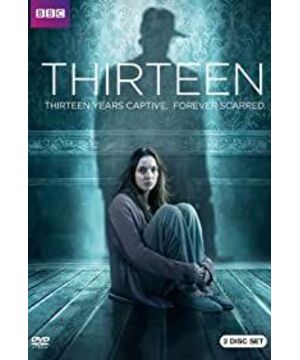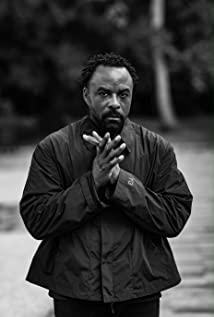This is a very refined British drama.
I watched five episodes with the bullet screen at station B, and I regret it a little.
Because the barrage is cursing from beginning to end.
At first, he scolded the female police officer, then the male police officer, and later his sister, mother, and father. The supporting roles were not spared either. The heroine's swaying first lover, the first lover's wife, the heroine's junior high school principal, the father's mistress... Of course, the heroine was the one who was scolded the most. Why doesn't she run away? Is she too selfish? She must be mentally ill.
In the whirlpool of disaster, everyone seems untrustworthy. This is also deliberately done by the director and screenwriter to guide the audience's position to waver.
Just from Ivy's point of view to sort out.
Ivy was only thirteen when he was kidnapped. Kidnapped for thirteen years. During her transition from childhood to teenage and youth, she was imprisoned in the basement, with only White and White's younger brother in contact. There are two cores in the brainwashing education that White has carried out on her in the past 13 years:
First, White loves her. She should love White too.
Second, White is always right.
The first can be seen in the way White and her get along. White is not fierce, he whispered softly, said on the phone that he missed her, and asked if you missed me. As long as Ivy is a good girl, she can be rewarded and they can get along like lovers. "I had sex," Ivy said to her mother.
The second is reflected in the conversation between Ivy and him in Episode 5. White killed his brother, but from the bottom of his heart, Ivy once believed that it was her fault. This is also the most serious wound in Ivy's psychological trauma. She thought that no one would accept her after knowing this fact. Her resistance to the outside world and self-protection after her first escape stemmed from this wound. Only White knew about it, he made her think it was her fault and he was defending her.
White is the absolute controller of the relationship and a full-fledged manipulator. He made his brother think "White saves me" and he made Ivy think it was her fault for killing him. He has the ability to guide and manipulate people's hearts, it is not difficult for such a kidnapper to let a thirteen-year-old girl Stockholm. She tried to escape, but failed. Thirteen years is enough time for her mentality to change from resisting and fleeing to relying on resignation. Ivy also once thought that she could not do without White. She developed a strong sense of dependence on White, because only through White can she eat canned food or fish, because "there are only two kinds of time, when he is there and when he is not there". Even after escaping, when she is overwhelmed with her new life, she will feel "I wish I never left him". That's why she couldn't run away in the mall, she believed in the twisted love between them that White created: White was the only one who could understand, accept and love her. She could only rely on White.
After fleeing for the first time, Ivy tries to empathize. Passing on her dependence on White to her first love, or to the male police officer, but both failed, they all have their own person.
Her resistance to women is obvious. She doesn't trust the aggressive female police officer at the beginning of the questioning, she is unwilling to accept her mother's excessive control and concern, and even her attitude towards her sister is defensive and alienating. In thirteen years Ivy had not had contact with any women, and building relationships with women was too foreign and risky for her. My sister was the first woman to break her psychological line of defense, and then my mother. In the questioning room, the two finally broke the pretense that everything could return to the original track, admitted thirteen years of pain, and faced and accepted each other. each other.
Ivy's two escapes. Once physically, escaping from a basement cage. The second time was complete psychological isolation from White. When she held up her gun and said to White, "Everything has changed. I thought it was their fault, but no, it's you, it's your fault."
View more about Thirteen reviews











